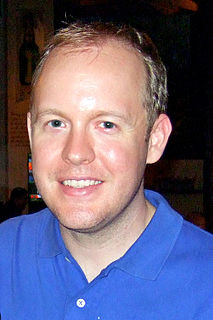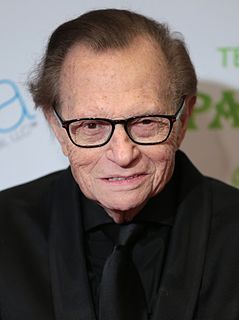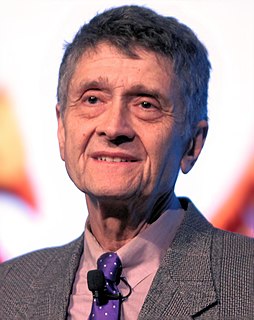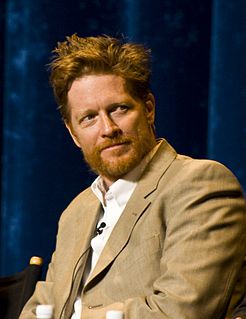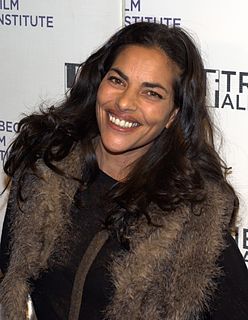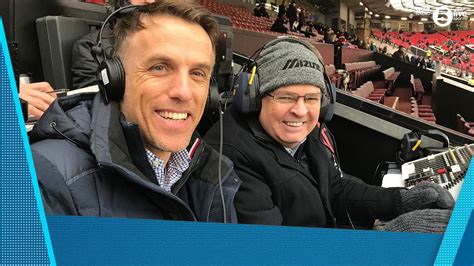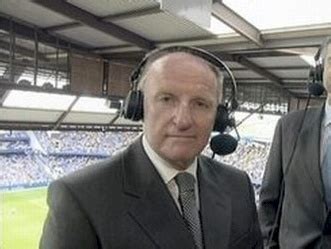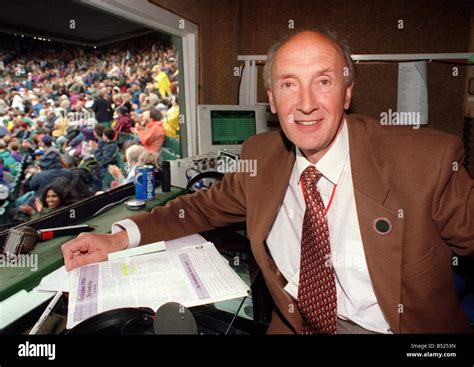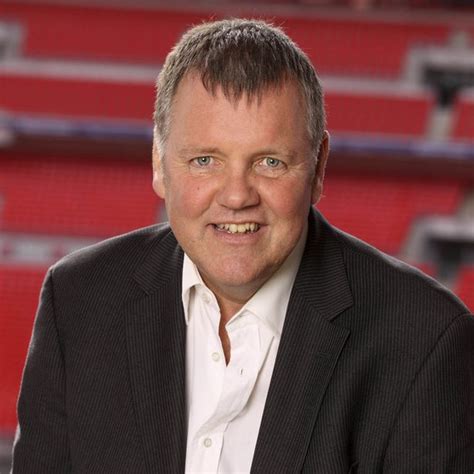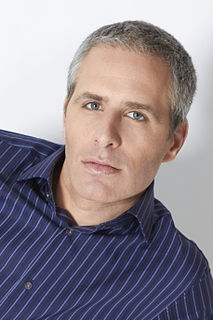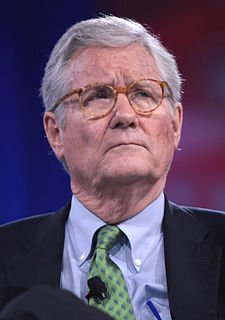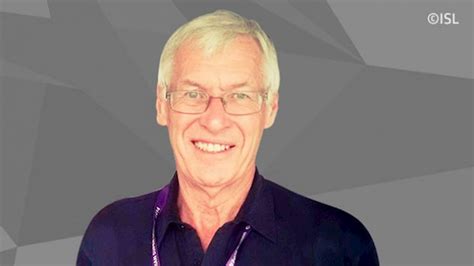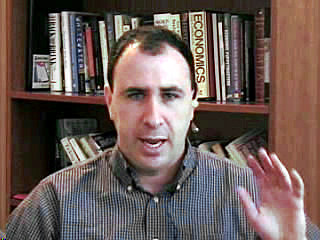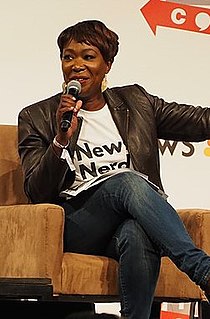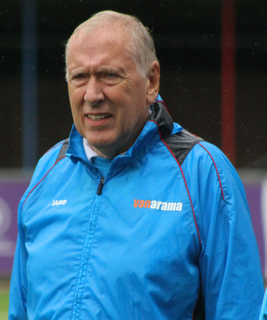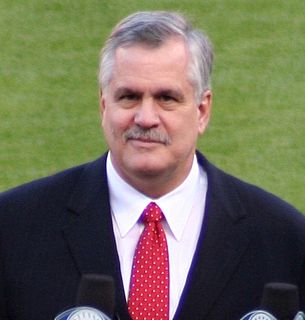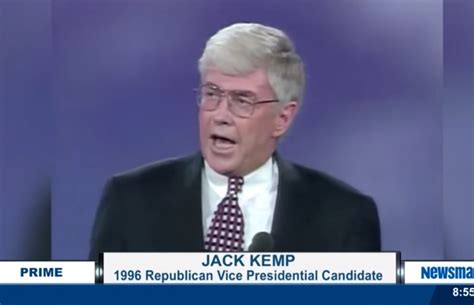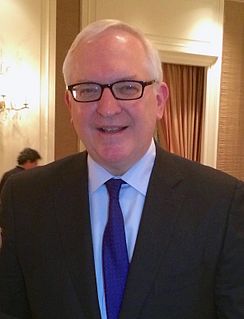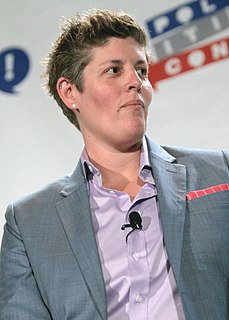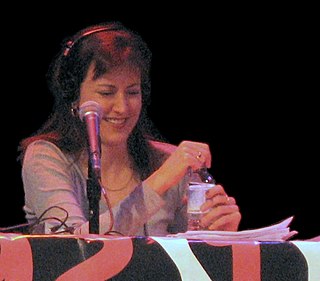A Quote by William Kristol
Going from three TV channels to broadcast TV to cable to talk radio; obviously the online explosion has changed things.
Related Quotes
I'm not really sure what I'd like to see people doing more of online, but what I'd like to see less of is the warning signs that not ratifying net neutrality is gonna cause two separate nets: one that the big dogs can afford to be on and the other a ghetto internet that no one goes on. Think FM vs AM radio, or cable vs broadcast TV.
In 1980s, I discovered 'Late Night with David Letterman.' It was on one of the 13 cable TV channels. They didn't have 25 late night talk show hosts trying to be the most outrageous. There was the likeable television genius Johnny Carson and his mad-genius counterpart Dave. There was nothing else crazy on TV every night, and there was no Internet.
You can talk about things indirectly, but if you want to talk how people really talk, you have to talk R-rated. I mean I've got three incredibly intelligent daughters, but when you get mad, you get mad and you talk like people talk. When a normal 17-year-old girl storms out of the house or 15-year-old boy is mad at his mom or dad, they're not talking the way people talk on TV. Unless it's cable.

